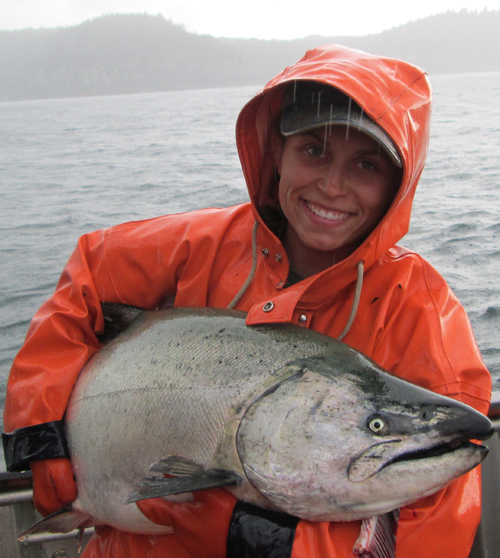At the SeaWeb Seafood Summit on 6 June, 2017, the Global Ghost Gear Initiative (GGGI) —a cross-sectoral alliance committed to resolving problems caused by lost or abandoned fishing gear — introduced its new framework for best practices regarding gear.
The framework is the first of its kind and recommends practical strategies for managing fishing gear across the whole seafood supply chain, from manufacturer to fisherman to processor.
GGGI was founded in 2015 by World Animal Protection, but includes organizations and businesses from across the supply chain. They include TriMarine, Sainsbury’s, Young’s Seafood, Northern Prawn Fisheries, and the International Pole and Line Foundation. These groups, as well as more than 40 others, contributed to a 10-week consultation process to help shape the final framework. Stakeholder groups were included from different regions, including Europe and North America.
An estimated 640,000 tons of fishing gear is lost or abandoned at sea every year, according to the group. This gear is referred to as “ghost gear” and causes harm to fisheries and ocean ecosystems as it persists for hundreds of years, unintentionally snares marine animals, adds to ocean waste, and causes financial harm to fishing and marine communities. The Best Practice Framework aims to alleviate those problems with practical solutions.
“The framework recommends practical, detailed approaches to combat ghost gear, each with an accompanying case study on how changes have been achieved in practice,” Lynn Kavanagh, campaign manager for oceans and wildlife at World Animal Protection, the GGGI’s founding participant, said. “These include net recycling programs, derelict gear removal initiatives, and fishing management policy adjustments, among others.”
Surveys during the consultation period showed that over one-third of participants ranked ghost gear as a moderately or highly significant issue.
“The Best Practice Framework fills a vital need for the seafood industry,” said Jonathan Curto, Sustainability Coordinator at TriMarine, a GGGI participant. “Reducing ghost gear is important to all of us, and the practical guidance and case studies the Best Practice Framework provides will help companies to implement positive changes and processes across the seafood supply chain. Participants in the GGGI hope that the document will not only protect the environment for wildlife and other marine users, but also increase productivity for suppliers and retailers.”






